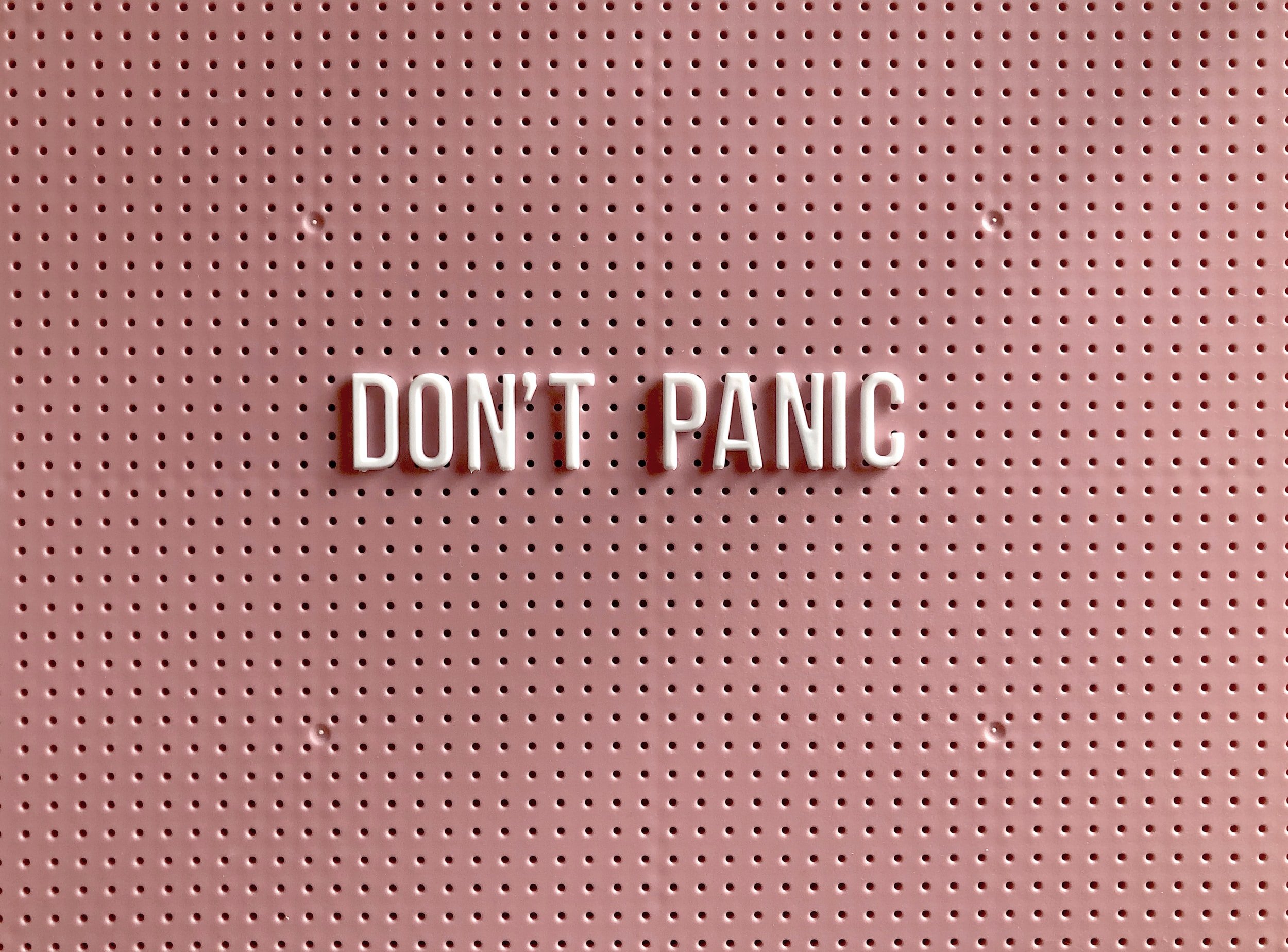Anxiety Symptoms
Causes, and Treatment
If you're experiencing anxiety symptoms, you're not alone. Anxiety is a common mental health condition that affects millions of people worldwide.
At LDF Psychology, we offer evidence-based therapy services to help individuals manage and overcome their anxiety symptoms. Here, we'll explore the symptoms, causes, and treatment of anxiety.
Symptoms of Anxiety
Anxiety can cause a range of physical, emotional, and behavioral symptoms that can significantly impact a person's daily life. Some common symptoms of anxiety include:
Excessive worrying or fear about future events or activities
Restlessness or feeling on edge
Difficulty concentrating or mind going blank
Irritability and mood swings
Muscle tension, headaches, and body aches
Sleep disturbances, such as difficulty falling or staying asleep, or having restless sleep
Panic attacks, which can cause intense physical sensations like rapid heartbeat, sweating, or trembling
If you're experiencing one or more of these symptoms for an extended period of time, it's important to seek professional help. At LDF Psychology, our experienced therapists can help you identify the underlying causes of your anxiety symptoms and develop a personalised treatment plan.
Causes of Anxiety
Anxiety can be caused by a range of factors, including genetic, environmental, and lifestyle factors. Some common causes of anxiety include:
Family history of anxiety or other mental health disorders
Chronic medical conditions, such as heart disease or diabetes
Trauma or stress from a significant life event, such as a divorce or job loss
Substance abuse or withdrawal
Side effects of certain medications or supplements
It's important to identify the underlying cause of your anxiety in order to develop an effective treatment plan. At LDF Psychology, we can help you identify the triggers of your anxiety and develop strategies to manage and overcome your symptoms.

If you're experiencing the symptoms of anxiety, it's important to seek professional help.
Types of Anxiety Disorders
Anxiety can present in different ways and can be classified into different types based on its symptoms and severity. Some common types of anxiety disorders include:
Generalised Anxiety Disorder (GAD): This type of anxiety disorder is characterised by excessive and persistent worry about everyday events and activities, such as work, school, or health.
Panic Disorder: This type of anxiety disorder is characterised by sudden and intense feelings of fear or panic, often accompanied by physical symptoms such as rapid heartbeat, sweating, or trembling.
Social Anxiety Disorder: This type of anxiety disorder is characterised by intense fear or anxiety in social situations, such as public speaking, meeting new people, or attending social events.
Obsessive-Compulsive Disorder (OCD): This type of anxiety disorder is characterised by intrusive and unwanted thoughts or obsessions, often followed by compulsive behaviors or rituals to reduce anxiety.

Treatment for Anxiety
At LDF Psychology, we offer evidence-based therapy services to help individuals manage and overcome their anxiety symptoms. Our therapists are experienced in providing a range of therapeutic approaches to meet the unique needs of each individual.
Anxiety can be treated effectively with therapy alone. However, in some severe or persistent cases medication can be helpful. Anti-anxiety medications can be effective in managing anxiety symptoms and are often used in combination with therapy. Therapy for anxiety can take many forms, including:
Cognitive Behavioral Therapy (CBT): This therapeutic approach helps individuals identify and change negative thought patterns that contribute to anxiety symptoms.
Exposure Therapy: This therapeutic approach helps individuals confront and overcome their fears through gradually exposing them to the source of their anxiety.
Acceptance and Commitment Therapy (ACT): This therapeutic approach helps individuals learn to accept their feelings and commit to behaviors that are consistent with their values and goals.
In addition to medication and therapy, there are also several self-help strategies that can be effective in managing anxiety symptoms, such as:
Practicing relaxation techniques, such as deep breathing, meditation, or yoga
Engaging in regular physical exercise
Maintaining a healthy diet and getting adequate sleep
Avoiding caffeine and alcohol, which can exacerbate anxiety symptoms
Engaging in activities that promote relaxation and stress relief, such as reading, listening to music, or spending time in nature
It's important to work closely with a mental health professional to develop a comprehensive treatment plan that meets your unique needs and goals.
Take Control of Your Symptoms Today
Anxiety
If you're struggling with anxiety symptoms, seeking professional help can be the first step towards managing and overcoming your symptoms.
At LDF Psychology, we offer evidence-based therapy services to help individuals manage and overcome their anxiety symptoms.




